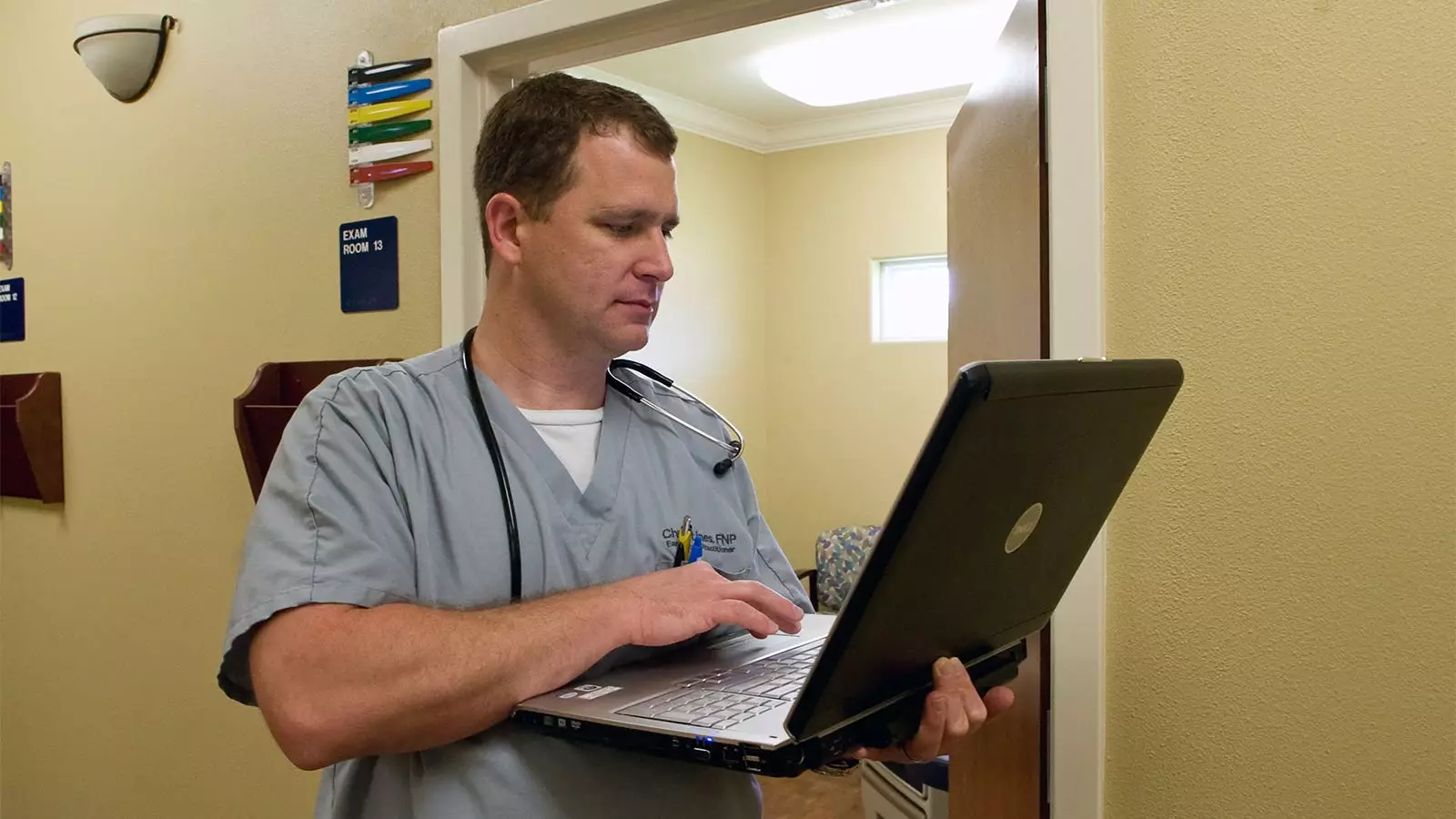The United States is currently facing a critical nursing shortage that is expected to worsen in the coming years. As a healthcare professional with years of experience in the field, I have witnessed firsthand the impact of this shortage on our healthcare system. Despite the increasing demand for nursing care as our population ages, there is a significant gap between the number of job openings and the number of new nurses entering the workforce.
The Solution: More Male Nurses
One glaring opportunity to address this shortage is to increase the number of male nurses in the profession. Statistics show that as of 2022, only 12% of the 3.1 million nurses in the U.S. were men. By achieving gender parity in nursing, we can potentially alleviate the shortage multiple times over. However, attracting more men to nursing has its challenges.
Breaking Down Gender Stereotypes in Nursing
One of the main reasons why more men are not pursuing nursing as a career is the gender stereotypes associated with the profession. Nursing has long been considered a female-dominated field, leading to misconceptions and biases that deter men from entering the profession. It is crucial to challenge these stereotypes and emphasize that nursing is a career based on values that transcend gender, such as caring, diligence, teamwork, service, and leadership.
Diversity in the nursing workforce is not just about gender; it is about ensuring that individuals from all backgrounds are represented. Research has shown that a diverse healthcare workforce improves patient outcomes by creating a more inclusive and welcoming environment. Patients benefit when they are treated by healthcare professionals who understand and relate to their unique needs and experiences.
Nursing schools play a crucial role in promoting diversity within the profession. By championing a diverse student body and supporting individuals from underrepresented backgrounds, nursing schools can prepare graduates to meet the healthcare needs of a diverse and ever-changing world. It is essential to embrace new educational models that cater to the needs of students balancing school with work and family responsibilities.
As the healthcare system continues to evolve, the need for a diverse and skilled nursing workforce becomes increasingly critical. Nurse educators, clinicians, and healthcare professionals must work together to combat stereotypes, promote diversity, and ensure that the nursing profession reflects the patients it serves. By encouraging more men to pursue nursing careers and supporting individuals from all backgrounds, we can create a more inclusive and effective healthcare system that meets the needs of all patients.



Leave a Reply